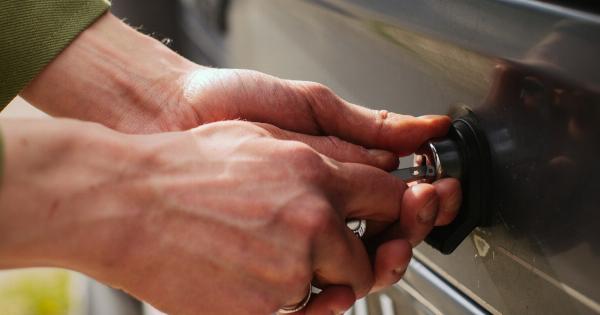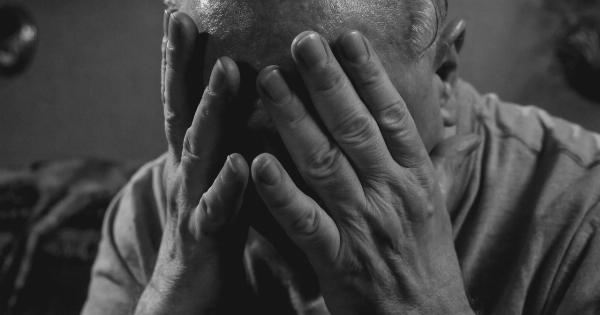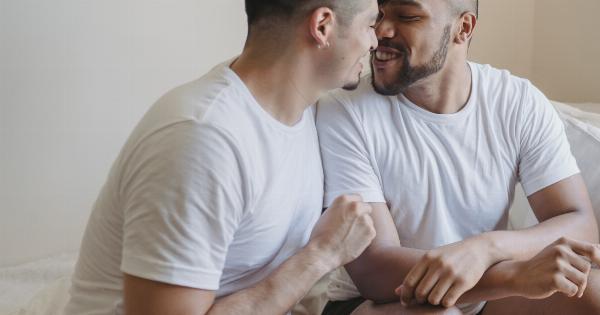Sexual fears are common among both men and women, although they may vary in nature and intensity. These fears can arise from various factors, including past experiences, societal expectations, and personal insecurities.
In this article, we will explore some of the most common sexual fears experienced by both men and women.
Fear of Performance Anxiety
One of the most prevalent sexual fears among men and women is performance anxiety. Men may worry about their ability to achieve and maintain an erection, while women may stress about orgasms or their sexual attractiveness.
Fear of Rejection or Judgement
Both men and women may fear rejection or judgement from their partners during sexual encounters. This fear can be rooted in concerns about body image, sexual skills, or satisfying their partner’s needs.
Fear of Intimacy
Some individuals may struggle with a fear of intimacy, which can hinder their ability to engage in sexual relationships. This fear may be connected to past traumas, a fear of vulnerability, or difficulties in forming emotional connections.
Fear of Pregnancy or STIs
For both men and women, fear of pregnancy or sexually transmitted infections (STIs) can significantly impact their sexual experiences.
These fears can lead to anxiety about contraceptive methods, safe sex practices, and the consequences of unprotected intercourse.
Fear of Pain or Discomfort
Both genders may have concerns about experiencing pain or discomfort during sexual activity. For women, this fear may be related to conditions like vaginismus or endometriosis, while men may worry about erectile pain or performance-induced soreness.
Fear of Inadequacy
Many men and women fear feeling inadequate in the bedroom. This fear can manifest as concerns about body image, sexual skills, or the ability to please their partners. Pressure from societal ideals of sexual perfection can exacerbate this fear.
Fear of Sexual Dysfunction
Both men and women can experience fears related to sexual dysfunction. Men may worry about erectile dysfunction or premature ejaculation, while women may fear difficulties with arousal or anorgasmia.
Fear of Infidelity
Some individuals may fear infidelity from their partners, which can impact their sexual experiences. This fear may stem from past experiences or insecurities regarding trust and commitment.
Fear of Vulnerability
Both men and women can be afraid of being vulnerable during sexual encounters. This fear may be related to past traumas or fears of rejection, which can hinder the development of emotional and intimate connections.
Fear of Lack of Consent
Both men and women may carry fears about the lack of consent in sexual encounters. These fears reflect concerns about crossing boundaries, violating consent, or being subjected to non-consensual acts.
Conclusion
It is important to acknowledge and address the sexual fears experienced by both men and women.
Open communication, understanding, and empathy can help create a safe and supportive environment that allows individuals to overcome these fears and enjoy healthy sexual experiences.































